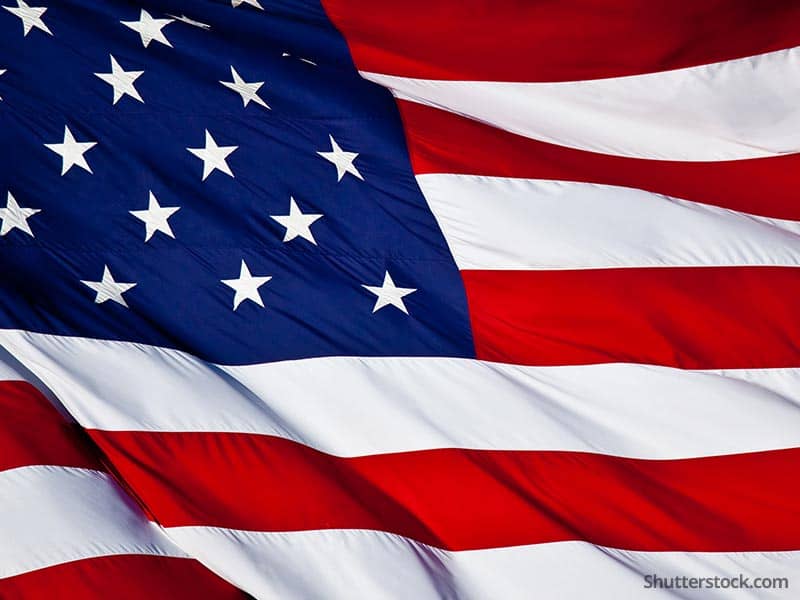AMSTERDAM, Netherlands, August 6 (AP)--History's biggest world conference for evangelical Protestant leaders concluded Sunday night with a Communion service, rousing songs by a multiracial youth choir from 50 nations, and brief marching orders from its absent chairman, the Rev. Billy Graham.
Graham, looking reasonably fit but speaking in a husky voice, had pre-recorded his remarks Saturday in Rochester, Minn., where he is recovering from surgery. He said, "Let us light a fire of commitment to proclaim the Gospel of Jesus Christ in the power of the Holy Spirit to the ends of the earth, using every resource at our command, and with every ounce of our strength."
He also urged the crowd to light fires that would renew faith in the Bible as God's word, make evangelism the church's priority, banish moral blight, and "roll back the poisons of racism, poverty and injustice." The conference responded with a loud standing ovation in tribute to their leader.
Graham had been too ill to deliver his scheduled address by video hookup at the first session July 29. On the closing day, officials announced an attendance total of 10,732 at the $40 million event. The participants came from 209 nations and territories, and in that sense this was probably the most diverse Christian conference ever.
But in doctrine the group was anything but diverse. A distinctly conservative "Amsterdam Declaration," written by a panel to reflect discussions here, was distributed to participants at the closing. It spurns all attempts to water down the old-time religion under the assault of modern pluralism and relativism.
Jesus is the "one and only Savior," it says, and the only path to salvation is belief in his death on the cross to overcome human sin. Hell and destruction await those outside Christ. And the Bible is God's "totally true and trustworthy" revelation.
Graham's son and designated successor, Franklin Graham, indicated in an interview he was dubious about the declaration. "I don't know why every time we have a meeting we have to have a document," he said. "The Bible's the document, because we believe it word for word."
Conference leaders said the declaration is a statement of the 1,000 who prepared it, not the conference as a whole. But it will be considered an important definition of the growing evangelical movement against more liberal versions of Christianity.
The declaration states that "there may well be traces of truth, beauty and goodness in many non-Christian belief systems. But we have no warrant for regarding any of these as...separate roads to salvation."
"The only way to know God in peace, love and joy is through the reconciling death of Jesus Christ the risen Lord," it says, although that message must be shared "with love and humility, shunning all arrogance, hostility and disrespect."
It says the "western intellectual establishment" largely denies there is any absolute truth, and this is "influencing popular culture throughout the world." But it insists that the Christian Gospel is authoritative truth "to everyone everywhere in all times."
Rejecting liberal theology, the declaration says the 66 books of the Protestant Bible "constitute the written Word of God. As the inspired revelation of God in writing, the Scriptures are totally true and trustworthy, and the only infallible rule of faith and practice."
The statement affirms such classical--but often debated--Christian teachings as the Trinity, the virgin birth of Jesus, his bodily resurrection from the dead, and his personal future return as judge and renewer of all things.
It also insists that apart from faith in Christ, all people face "eternal destruction, separated from the presence of the Lord."
The document also urges an action plan in which an indigenous church will be established for every group on earth so that everyone has the chance to hear the Christian message "in a language they understand, near where they live."
Similar statements of conservative evangelical principle and practice were issued by previous Graham-sponsored world meetings in 1966, 1974, and 1983.
The evangelical activists were also asked to join Graham in privately signing a second text, a 14-point "Covenant for Evangelists," pledging to be faithful, Bible-based, and ethical representatives of the Gospel. After silent reflection, most stood to indicate their dedication.
The two documents, loosely drawn from speeches and discussions among 900 participants meeting in strategy discussions, were written by the Rev. Timothy George of the Southern Baptist divinity school at Samford University in Birmingham, Ala., and eight colleagues from Australia, Britain, Guatemala, South Africa, South Korea, Sri Lanka, and the United States.
George said the conference was "a unique event in the history of the church," because it was attended by theologians, church officials, and missionary strategists along with the predominant group, preaching evangelists.
Conference chairman John Corts, who heads Graham's staff, announced that a website accessible only to conference attendees went on line Sunday to keep them in future touch and provide resources. Ministries plan to provide computers for those who currently lack internet and e-mail access.
In another immediate result of the conference, participants made commitments to plant a local church in each of the world's 253 sizable ethnic groups still totally untouched by Christianity, as identified by missionary researchers.
Groups in many nations are talking about creating organizations of evangelists and holding follow-up conferences. But Corts said it's unknown whether the Graham organization would ever again sponsor such a meeting.

